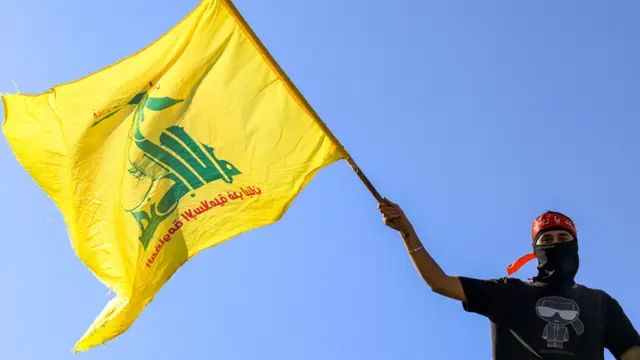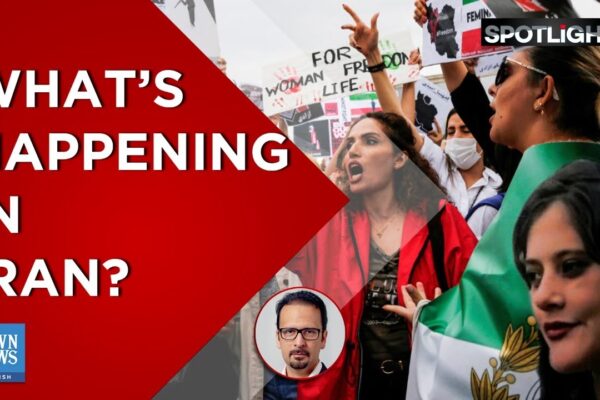Hezbollah: Insights into Recent Developments and Impact

Introduction
Hezbollah, a Lebanese militant group and political party, has garnered significant attention in recent years due to its evolving role in Middle Eastern geopolitics. As a key player in various conflicts, particularly in Syria and its opposition to Israel, understanding the dynamics surrounding Hezbollah is crucial for comprehending broader regional tensions. The group’s actions and affiliations impact not just Lebanon but also the stability of surrounding nations and international relations.
Recent Events and Developments
In the past few months, Hezbollah has made headlines as the situation in Lebanon continues to destabilise amidst an economic crisis, political paralysis, and increasing social unrest. The group’s leader, Hassan Nasrallah, has been vocal about the need for resistance against perceived aggressions, especially from Israel, and has sought to reinforce Hezbollah’s position as a defender of Lebanon’s sovereignty.
Following the violent clashes along the Israel-Lebanon border in late August, where rocket fire and Israeli airstrikes escalated tensions, Hezbollah’s military readiness has been under scrutiny. The group declared that it would defend against Israeli incursions while also participating in humanitarian efforts within Lebanon to improve its public image and support base during the economic hardships. This dual approach illustrates Hezbollah’s strategy of combining militant readiness with local support initiatives to maintain its influence.
Potential Impacts on Regional Stability
Hezbollah’s ongoing involvement in various conflicts raises significant concerns regarding the potential for broader confrontations in the region. Analysts warn that the group’s operations in Syria, where it supports Bashar al-Assad’s regime, complicate the landscape of the Syrian Civil War and increase tensions with Israel, which views Hezbollah’s military capabilities as a direct threat.
Furthermore, the group’s close ties with Iran and the support it receives from the Iranian government exacerbate concerns for nations in the Gulf region and for Israel. The geopolitical implications of Hezbollah’s actions extend beyond Lebanon, influencing alliances and hostilities in the Middle East, particularly as other groups, like Hamas, also seek to coordinate with Hezbollah in their resistance efforts.
Conclusion
As Hezbollah continues to navigate the complexities of territorial defence, regional alliances, and domestic challenges, its influence and actions will remain pivotal in shaping Middle Eastern politics. For observers and policymakers, the group’s next moves will be critical in predicting future conflicts and determining the course of stability in Lebanon and the surrounding areas. With both internal pressures and external aggressions, the immediate future for Hezbollah is uncertain, making it essential for stakeholders to closely monitor developments.
You may also like

Understanding the Current Political Landscape in the UK

Current Events: What’s Happening in Iran

Boris Johnson: A Look at His Current Political Landscape
SEARCH
LAST NEWS
- Remembering Wendy Richard: The Promise to Co-Star Natalie Cassidy
- How Did Anglian Water Achieve an ‘Essentials’ Rating for Mental Health Accessibility?
- Shai Hope Leads West Indies in T20 World Cup Clash Against South Africa
- What We Know About Weston McKennie: Future at Juventus and Past at Leeds
- What We Know About the Upcoming Live Nation Antitrust Trial